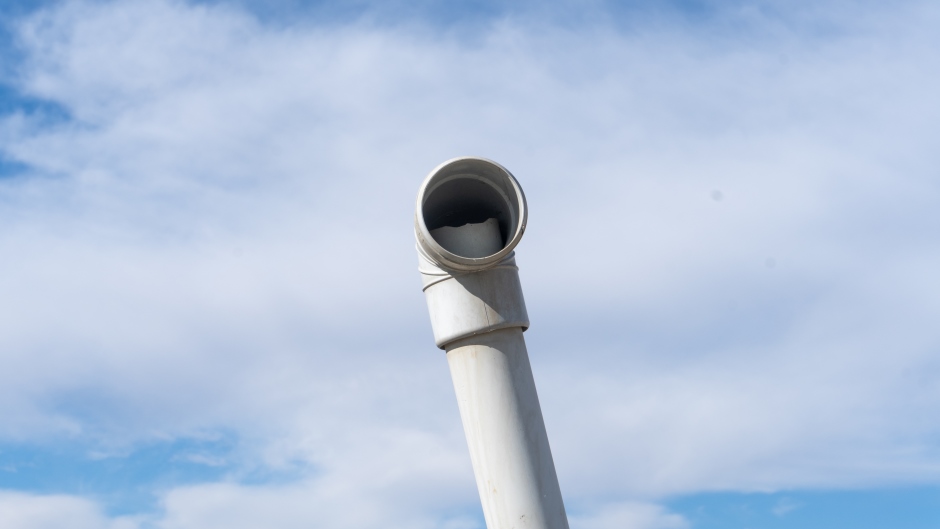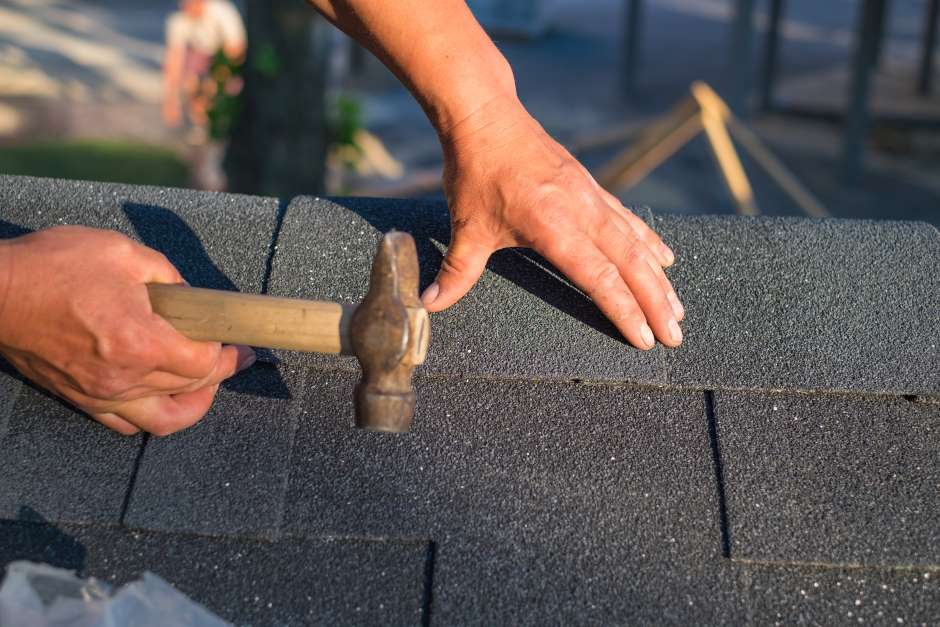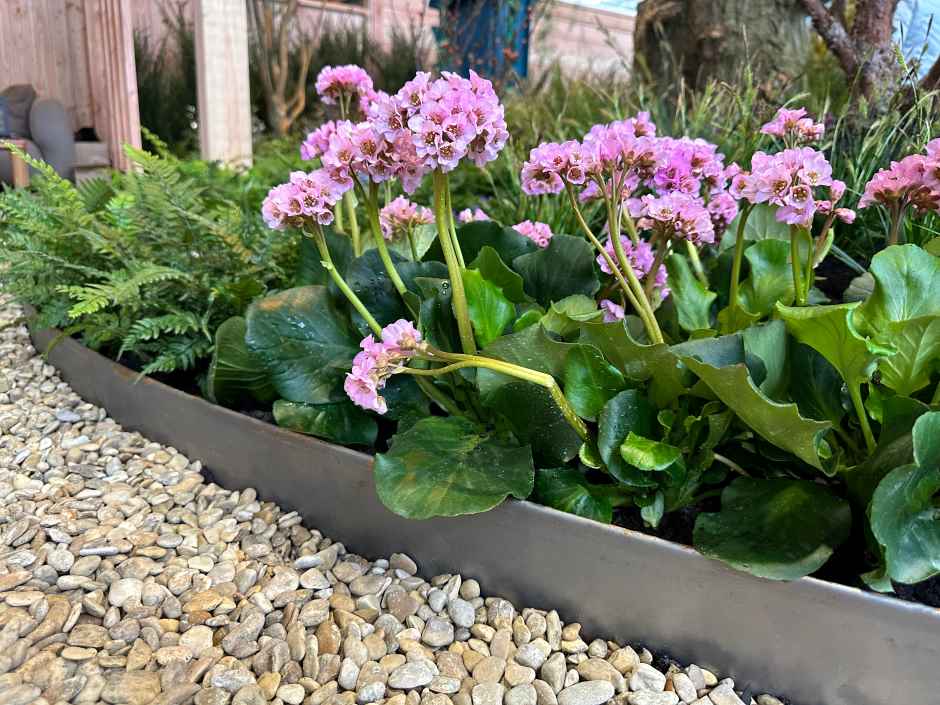As temperatures outdoors begin to rise, families rely on their air conditioners to keep their living space liveable with circulating air and comfortable temperatures. Yet like any other operating unit, air conditioners, whether window units or center air conditioning, require regular maintenance to continue operating efficiently and effectively. But don’t worry, not all maintenance requires paying a technician to come to your house! Follow these guidelines for maintenance to do annually, occasionally, and often, and your family (and guests) will thank you through the summer!
 Annually
Annually
Though air conditioners require regular cleaning and checking, some maintenance only needs to be done once a year, preferably before the hot season begins (in other words, before you start using the a.c. unit). However if it’s been over a year since a.c. installation or since you’ve done any extensive maintenance, there are a few things you can easily take care of. The evaporating and condensing coils of your unit will eventually collect dust and dirt; clean the coils and inspect them for further damage. You should also use this time to adjust and replace fan belts, lubricate the motor and bearings, and clean and check blowers and fans. If possible, have a technician inspect the controls and safeties, along with checking the refrigerant and pressures. Finally, take some time to clean and inspect the fans and blowers throughout your house. Taking these steps before the intense heat of summer will help keep your a.c. running through the season.
Occasionally
Every so often, you will need to check your air conditioner to make sure everything is working as it should. At the beginning of the season and every so often throughout the season, check that your a.c. is well insulated if placed in a hot space (like an attic or crawl space). Uninsulated units won’t stay cold as easily due to their hot surroundings, but you can easily use spray foam and foil tape, batt insulation, or rigid foam insulation to address this issue. Check the a.c. unit’s drain channels and use a stiff wire to poke through any dirt or clogs. Finally, if you have central air, be sure to check the condenser and compressor at the beginning of the season and occasionally through the summer. Located outside, these need at least 2 feet of clear space to operate correctly, so make sure you clear out any dead leaves, fallen limbs, or new plant growth.
 Often
Often
The U.S. Department of Energy suggests that routinely cleaning and/or replacing your air conditioner filters is the “most important maintenance task…[to] ensure the efficiency of your air conditioner”. In fact, monthly cleaning of your filters can reduce energy consumption by 5-15%. Some filters are reusable and only require monthly cleaning, while others will need to be completely replaced. Check the minimum efficiency reporting value (MERV) of your filters, and weigh your options to find the best filters for you (a higher score indicates better filtration but will require more energy consumption). Window units may experience leakage of air through the seam between the unit and the window; if you suspect a leak, use a lit stick of incense to determine if there is one (the smoke will act as visual representation of moving air), and use foam and tape to seal it. Last but not least, limit how often you need a.c. repair by reducing the amount of work it has to do everyday. Be sure to keep the blinds closed during hot, sunny days, and make use of ceiling fans to circulate air throughout your house. These tips will help you save money in costly a.c. repairs and will keep your system running smoothly until it’s no longer needed!
 Let a hvac technician give you an estimate on your project
Let a hvac technician give you an estimate on your project








